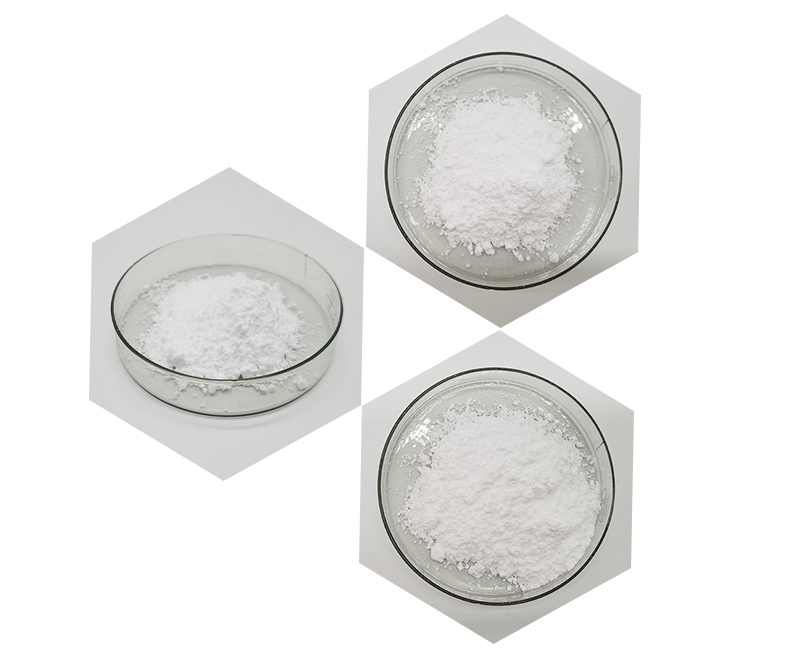Pentadin is a sweet protein separated from the seed pulp of Pentadiplandra brazzeana in the tropical forests of African countries. Pentadin exhibits a molecular weight of 12-kDa, with ca. 500 times the sweetness level than sucrose . It retains its flavor when chemically denatured even after exposure to 100° C for 5 h, found superior in that regard to other sweet proteins such as thaumatin and brazzein. It can be used with saccharine to mask that disfavored bitter aftertaste . The presence of disulfide bonds as in the case of thaumatins accounted for this protein’s stability. Albeit, due to the limitation of yield, this protein was not further fully characterized .

Basic Information of Pentadin
Source: Pentadiplandra Brazzeana Baillon
Assay: 98%
Molecular Weight: 12,000 Da
Appearance: White Fine Powder
Usage: Sweetening Agent
The research and application of Pentadin
Pentadin has a molecular mass of 12,000 Da and is relatively stable due to intramolecular disulfide bonds between its subunits. With its pure sweetness, pentadin has received a lot of attention. Studies on pentadin have largely focused on its potential as a natural sweetener and its effect on blood sugar levels. The source of pentadin is limited, and the way of extracting it from natural plants limits its research and application. Scientists have been developing microbial systems to express pentadin more and more with the development of biotechnology.

How we found Pentadin?
Pentadin is a sweet-tasting protein that was discovered and isolated in 1989 from the fruit of Oubli (Pentadiplandra brazzeana Baillon), a climbing shrub native to some tropical countries in Africa. The fruit has been consumed by apes and natives for a long time due to its incredibly sweet taste, making pentadin an interesting compound to study for potential applications as a sugar substitute.
The unique sweetness properties of pentadin have sparked interest in investigating its extraction and isolation processes, as well as its molecular structure and weight, to better understand the protein and its potential uses. As the demand for healthier sugar alternatives grows, pentadin could play a significant role in the food and beverage industries, subject to regulation and safety measures.
